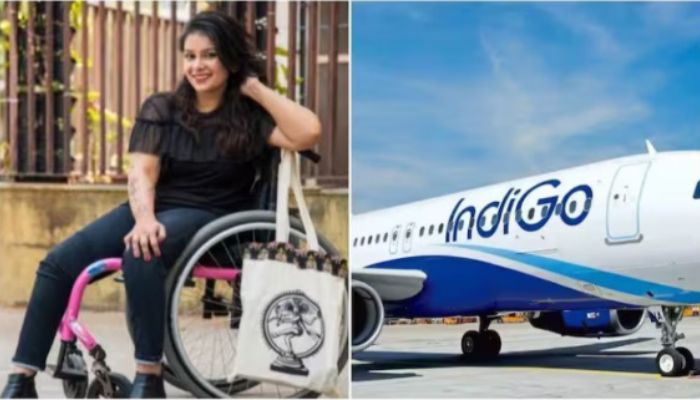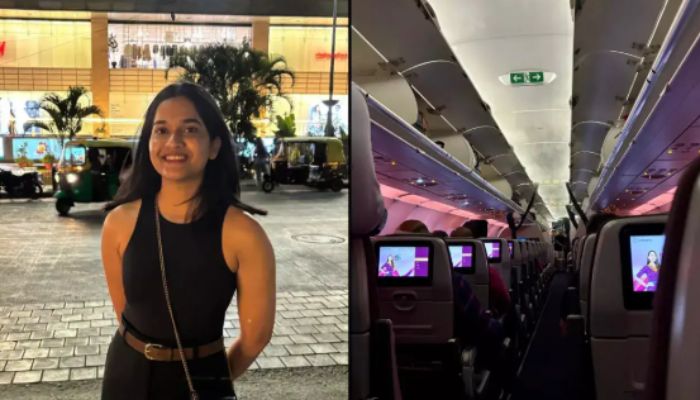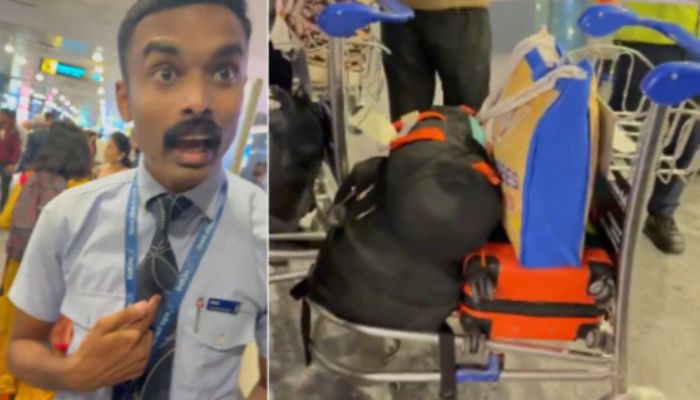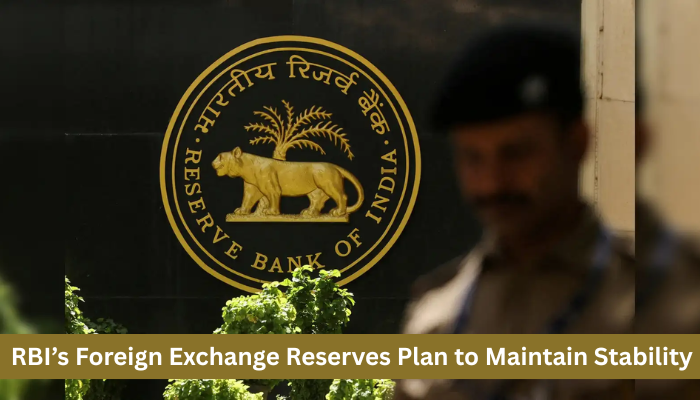In a world where air travel is becoming increasingly accessible, customer service remains an important aspect of flying experience. Recently, a Goa -based woman, Vary Sharma, noted a disturbed incident related to IndiGo Airlines. After his check-in baggage was damaged on flight 6E-2195 from Goa to Delhi on 25 May, Sharma claims that he met the airline’s aid team with silence and disability despite many followers.

His post on LinkedIn has become viral since then, not only due to damaged goods, but due to a large question, it raises about passenger rights and accountability of airlines.
Event: A regular flight, an unexpected result
What was considered a regular domestic flight turned into an examination for Vary Sharma. On reaching Delhi, he found that his luggage was damaged. Like any proper passenger, he immediately raised the issue at the airport, presented photographic evidence of damage, and chased with the airline’s customer care team via email and phone calls.
He was initially assured that his complaint would be resolved within three days. However, as the days passed, no written response or compensation was received. Whatever he received was vague assurance from various customer support numbers, making promises without giving all the results.
“This is not just about a bag”: the powerful words of Vary
In his viral post, Sharma did not complain about his broken items – he explained a more deep issue: Lack of airline’s accountability. “It’s no longer about a damaged bag. It’s about respect for passengers, and the trust for which we place in a brand for a long time after landing,” he wrote.
Social media increases the voices of consumers
A notable aspect of this story is the role of social media in focusing on consumer grievances. With the traditional grievances proved to be ineffective with channels, many platforms such as LinkedIn, X (East Twitter), and Instagram publicly shared their experiences. Sharma’s decision to tag the CEO Peter Alber, CEO Peter Alber, DGCA (Directorate General of Civil Aviation), and other aviation officers made it clear: she was not going to be silent.
His post received comments from thousands of choices, shares and other disgruntled travelers, showing that the issue could not be different. Many shared similar stories, citing delay reactions, poor handling of damaged goods and insufficient customer aid.
Why does it matter: Accountability in Indian aviation
India’s aviation industry has increased rapidly, IndiGo is emerging as the largest low cost carrier. However, the increase in the scale should be matched with an increase in the quality of service. Such incidents serve as a wake-up call for the entire aviation ecosystem.

Customers today are not only passive users – they are strong, vocal, and demand transparency. While mistakes can occur, how a brand handles those mistakes, all makes a difference.
For passengers, damaged goods are not just a physical discomfort. This often involves loss or damage of valuable or emotional objects and leads to excess cost and stress. For airlines, failing to adequately address such issues can cause great damage to their reputation.
final thoughts
Vary Sharma story is a reminder that in an era where brands are created on the confidence and satisfaction of customers, silence can be more harmful than the original error.
Indigo’s response – or in its absence – has revealed the importance of grievances redressal systems that are transparent, responsible and respectable.
So far, Sharma says that she is still waiting for a resolution. “More importantly,” she writes, “I am waiting for a reaction that integrity is worth the travelers.”
Till then, his voice resonates online, a will for the increasing demand for passenger rights and airline accountability in India.
Frequently Asked Questions
1. What happened on IndiGo flight 6E-2195 involving Vaishali Sharma?
Vaishali Sharma, a Goa-based woman, found her checked-in luggage damaged after arriving in Delhi on IndiGo flight 6E-2195. She reported the issue immediately but received no resolution despite repeated follow-ups.
2. Did IndiGo respond to Vaishali Sharma’s complaint?
According to Sharma, she was assured multiple times that the issue would be resolved within three days. However, no written response, compensation, or accountability was provided even after several calls and emails.
3. Why did Vaishali Sharma’s complaint go viral?
Her strongly worded LinkedIn post, highlighting not just the damaged luggage but IndiGo’s poor grievance handling, resonated with many travelers and went viral. It emphasized the need for respect and accountability from airlines.
4. What actions did she take after not receiving a response?
She tagged IndiGo’s CEO Pieter Elbers, DGCA India, and other aviation bodies in her LinkedIn post, hoping to draw attention to her unresolved issue and demand action.
5. What does this incident reveal about Indian airlines’ customer service?
It highlights a broader concern about poor grievance redressal mechanisms in Indian aviation. The incident underscores the need for airlines to improve responsiveness, transparency, and customer service standards.










